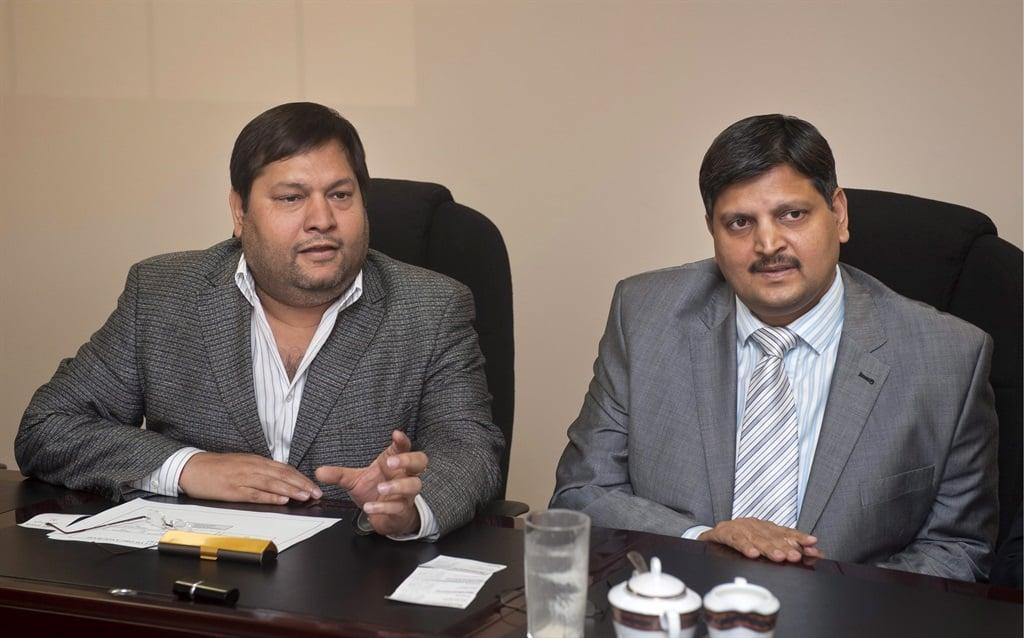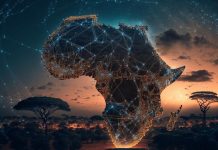Africa-Press – South-Africa. Two options remain open to South Africa in the wake of the UAE decision on the extradition of the Gupta brothers. Either appeal the judgment or start the extradition process from scratch and address all the concerns raised by the UAE, writes Selby Makgotho.
The effectiveness of the extradition proceedings between South Africa and the United Arab Emirates (UAE) needs some re-evaluation.
Both countries are signatories and party to the United Nations Convention Against Corruption (UNCAC), which mandates that they cooperate with each other in ensuring that crimes related to corruption, are prosecuted. The South African version of what transpired in the extradition request for the Gupta Brothers, however, paints a different picture.
Both countries have, furthermore, also maintained and enjoyed strong bilateral diplomatic relations with economic ties since 1994. The UAE is currently South Africa’s 35th largest trade partner in trade and investment opportunities.
The UNCAC covers a huge scope relating to issues of Mutual Legal Assitance (MLA) including preventive measures, criminalisation and law enforcement, international cooperation, asset recovery, technical assistance and information exchange.
South Africa ratified the extradition treaty with the UAE in 2018. The ratification would be relied upon to extradite the three Gupta Brothers – Atul, Ajay and Rajesh Gupta – who stand accused of using their connections to win state contracts, misappropriation of state assets, inappropriate influence on ministerial appointments, and siphoning of billions of Rands in state funds.
It is widely believed that the Gupta Brothers fled to the UAE as they own several businesses and properties there. Rumours that the Gupta Brothers were behind bars appear to be largely untrue as they are alleged to have been spotted in Switzerland, with their South African passports, last month.
Hard questions
Just as in the case of Thabo Bester and Prophet Shepherd Bushiri, hard questions should be asked as to how these fugitives find it easy to escape South Africa undetected, once they commit crimes. The question is significant given the protracted nature of the extradition proceedings. Once fugitives escape, the process of extraditing them back becomes quite cumbersome and drains the taxpayers as they have to foot the legal battles involved in bringing them back.
It is even unimaginable how much will be involved as South Africa prepares to send its witnesses to Malawi to testify in the Bushiri case. The delegations that went to Tanzania this week in the wake of the Bester’s arrest also come at a cost to the taxpayers.
South Africa’s efforts to trace and bring the Gupta Brothers back to the country to face full accountability are being stone-walled. The matter came up in an ugly manner last week when it was disclosed that it has been two months since the courts in the UAE declined South Africa’s application to extradite the brothers on the basis of legal technicalities relating to the paperwork.
It is mind-boggling why this crucial information was not disclosed to South Africa timeously despite its best efforts, as we are told, to make continuous follow-ups on the matter. Also, the text was transmitted in Arabic, which they, too, knew would be a problem in translating it. Communication between the two countries is both in Arabic and English. However, UAE chose to communicate only in Arab and sent the judgment late at night, after persistent questions from Pretoria.
In his findings from the State Capture Commission, Chief Justice Raymond Zondo, opines that the financial loss caused by the Gupta brothers was huge and warranted further probes. It is unacceptable that the taxpayers’ purse was bled to such unwarranted proportions. If they had nothing to hide, the Gupta Brothers would have simply cooperated with South Africa and given their version of events, if any. Running away from accountability is not an option.
The next question is what next for South Africa.
In the wake of the developments, the Department of Justice and the National Prosecuting Authority (NPA) seem to have two main options: appeal the judgment or start the extradition process from scratch and address all the concerns raised by the UAE.
In a Denmark case of Anthony Mark Patterson, 51, the court granted an appeal on the basis of the “weighty factors in the balance and in favour of extradition”. This was after Patterson attempted to fight off the efforts of his home country, the United Kingdom, to extradite him to stand trial for the loss of almost $1.21 billion in fraud charges.
In the circumstances, if an appeal is to be lodged, the Patterson case law could serve as the referral point that extradition, no matter how protracted it can be, is possible to the extent that the legal requirements and submissions are made.
There are several decided international court cases to which South Africa could lean upon and make a strong, compelling case to the UAE that extradition is in the best interests of justice; that the Gupta Brothers would not be subjected to any human rights violations back in South Africa; and that their assistance will be of service to the courts.
Another consideration is to start the extradition proceedings from scratch.
Already, the UAE has shown that it does not take South Africa seriously, if the recent developments are anything to go by. South Africa now has to intensify its efforts and put more pressure on its counterparts in the UAE to get full cooperation.
This is no ordinary case, with mounting allegations of wrongdoing involving money laundering, corruption, fraud, tax evasion and many more. If UAE took its UNCAC and extradition treaty obligations seriously, it should not have kept South Africa in darkness and made it look like a beggar of information on such a crucial, sensitive and urgent matter.
Ignoring the correspondence of South Africa is simply and absolutely inappropriate. The case is about the taxpayers of South Africa. South Africans want to know if the accusations against the Gupta Brothers are truthful and whether there was complacency when the Guptas were busy impoverishing the country of its financial gains.
– Selby Makgotho is a legal commentator and a PhD candidate in Public Constitutional and International Law at Unisa.
For More News And Analysis About South-Africa Follow Africa-Press






